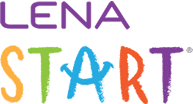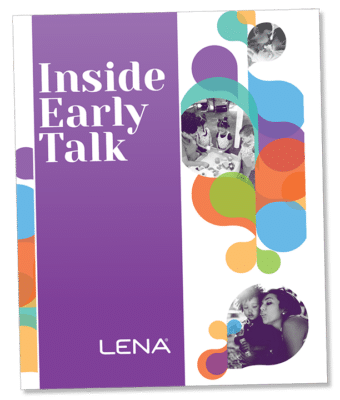LENA for Public Health Initiatives
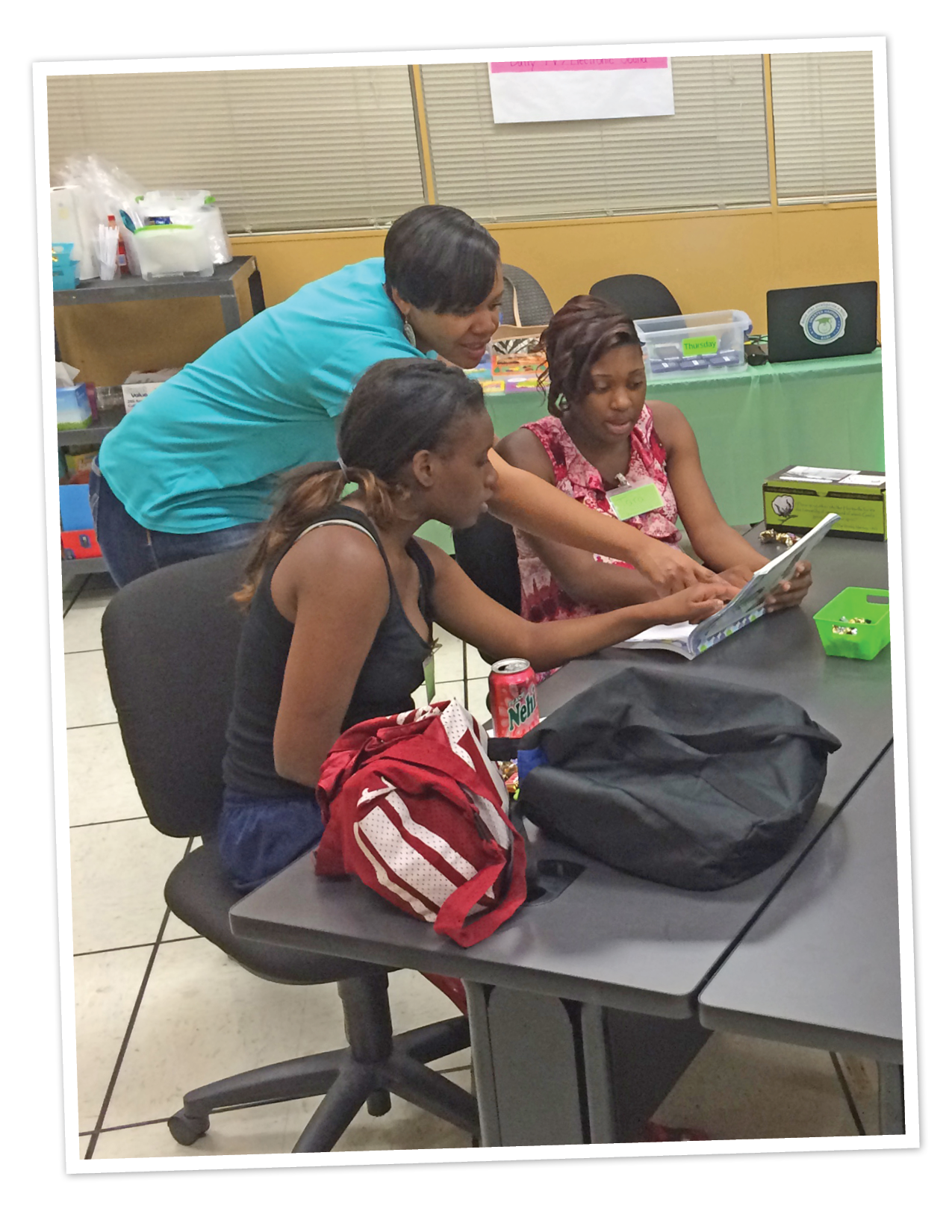
The amount of interactive talk children experience as infants and toddlers has a direct impact on their socioemotional development, their readiness for kindergarten, their success throughout school, and their long-term life outcomes. Organizations that are in the position to create a tipping point of impact can change entire communities across the U.S. for the better by providing parents a straightforward and accessible means of improving the language environments their children grow up in.
How? By partnering with LENA and offering group classes for parents through LENA Start.
During LENA Start, families use LENA’s patented “talk pedometer” technology to measure their child’s language environment. Over the course of 10 weekly sessions that can be delivered virtually or in person, families explore this data in the form of personalized, actionable feedback reports, discussing research-based strategies with their peers to increase the quality and quantity of talk at home.
Many kinds of public health organizations
partner with LENA, including the following:
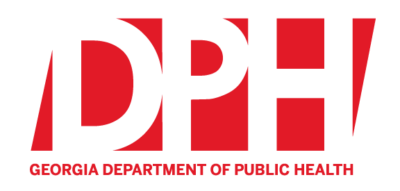
A 2010 survey identified 25 counties in Georgia that needed better support for child and maternal health. Muscogee County, home of Columbus, was among them. With Project LAUNCH funding from a federal grant, the Georgia Department of Public Health brought LENA Start to Muscogee County, where nearly 150 families have participated in the program.
“We are thrilled with the success of LENA Start in Muscogee county. The community has embraced the initiative as a means to reduce the word gap and set children on a path to reading proficiency by the end of third grade. We hope to identify funding to support the expansion of LENA Start to additional communities across the state that would also benefit from this program.”
— Kimberly Stringer Ross, Senior Manager of Early Brain Development and Language Acquisition, Georgia Department of Public Health
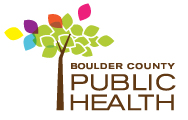
In Colorado, Boulder County Public Health offers its GENESIS program to teen parents give their children the best start possible. In 2019, they partnered with the Outreach United Resource Center in Longmont to bring LENA Start to nearly 100 families.
“This program is something that parents felt comfortable with. They’re engaged, and they’re coming week after week. And we’re seeing that the children seem to be exhibiting more verbal behavior — we’re hearing more words.”
— Mary Faltynski, Public Health Nurse and GENESIS Coordinator
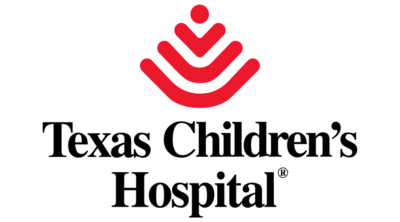
Since 2016, nearly 1,500 families have participated in Texas Children's Hospital's implementation of LENA Start, called upWORDS.
“The earliest years of a child’s life present an incredible window of opportunity to deeply impact their growth and development. We often wait until the child hits preschool or kindergarten before we worry about language and speech. This program allows us to train parents on language progression and techniques to understand how to provide the most successful environment for their child during these critical years.”
— Dr. Christopher Greeley, chief of the Section of Public Health Pediatrics, Texas Children's Hospital
Click the button below to stream an on-demand webinar about how helping families to increase communication builds family resiliency and protective factors — featuring Dr. Christopher Greeley from Texas Children's Hospital, Dr. Jason Yuan from the University of Tennessee, and Dr. Stephen Hannon, President and CEO of LENA.
Meeting a critical need — right now
Taken together, LENA's 10-year longitudinal study and its Inside Early Talk report paint a clear — even if alarming — picture:
- The number of serve-and-return interactions infants and toddlers experience is linked to their IQ in adolescence.
- Parents tend to overestimate just how many of these "conversational turns" they achieve.
- Success in school, career opportunities, lifetime income levels, mental health, physical health, and even behavioral issues like incarceration, drug use, and child abuse all hinge to a greater or lesser extent on a child's talk environment in the very first years of life.
There's ample reason to remain hopeful. LENA's researchers have found that even the parents who achieve the most conversational turns demonstrate patterns of talk that should be attainable by all. What's more, the incremental benefits of increased talk are undeniable: Every increase of two conversational turns per hour is associated with a one-point increase in Full Scale IQ in middle school.
Interested in learning more about bringing LENA to your community?
Or send us an email.




